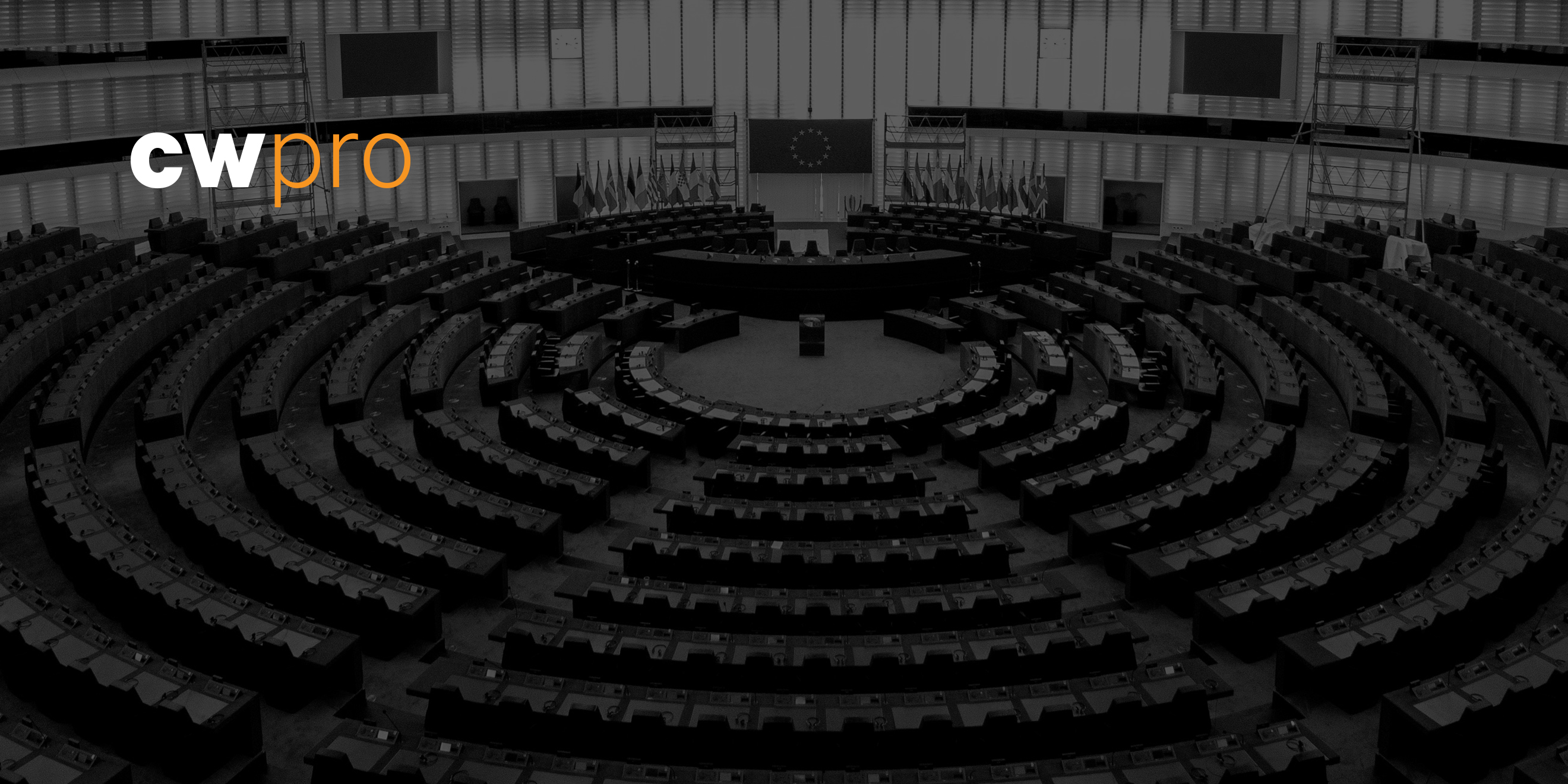At a glance.
- US Cyberspace Solarium to reveal its recommendations on Super Tuesday.
- Proposed revisions to FISA said to have White House support.
- Europe (but not the EU proper) agrees to establish an intelligence college.
Cyber Solarium will describe the recommendations it's offering the US Government next Tuesday.
Tuesday, March 3rd, is "Super Tuesday" in the US, that day in an election cycle which sees the largest number of states holding primaries. This year the list includes Alabama, Arkansas, California, Colorado, Maine, Massachusetts, Minnesota, North Carolina, Oklahoma, Tennessee, Texas, Utah, Vermont, and Virginia. Since the Republicans have an incumbent President, only the Democratic primaries are of interest.
The Cyberspace Solarium Commission has chosen that day to preview some of its recommendations for "election security and societal resilience." It already began teasing some early reviews at RSAC 2020 this week, as Government CIO noted. The full report will be out on March 11th. The commission, patterned on the Solarium President Eisenhower convened in the 1950s to consider US Cold War strategy, was formed to recommend a comprehensive national strategy for cyberspace.
Two of the Commissioners wrote in Lawfare last year that among the big questions the Cyberspace Solarium would address were these:
- "What are the appropriate roles and responsibilities across the public and private sectors when it comes to securing U.S. information, innovation and critical infrastructure from malicious cyber activity? Is there an ideal model that mixes standards with supportive incentives to ensure that the United States is prepared to address everything from criminal data breaches to state-backed cyberattacks?"
- "What is the Department of Defense’s role in this effort? Where does its responsibility to respond to persistent campaigns perpetrated by hostile governments begin and end? How should the department conceive of its mission in an environment in which countries like China and Russia are engaging in ongoing cyber campaigns that damage the U.S. economy and national security, while still falling below a threshold that would constitute a use of force?"
- "How should the United States and U.S. allies and partners promote global norms of responsible state behavior in cyberspace? How should the U.S. deploy diplomatic, economic and legal tools to shape a just and stable digital world? What will be necessary to ensure that the internet remains free and open, the economy continues to reward innovation, and human rights and democratic values extend into cyberspace?"
US Senator claims White House support for FISA revisions.
US Senator Rand Paul (Republican of Kentucky) tells the Wall Street Journal his proposal to reign in FISA has White House support. The Foreign Intelligence Surveillance Act, signed by President Carter in 1978, established a FISA court to oversee requests for surveillance of US citizens for counterintelligence or national security reasons. Senator Paul’s proposed amendment would require the Government to obtain warrants for such surveillance from ordinary Federal courts, as it now does in all other cases. The Justice Department's Inspector General reviewed the FBI's use of FISA authorities during its Crossfire Hurricane operation and found "serious performance failures." That report has reinforced calls for FISA reform. An earlier Wall Street Journal piece reported on the White House's reaction to that report, and to the Administration's interest in overhauling the Foreign Intelligence Surveillance Act and related laws.
The Intelligence College in Europe.
Twenty-three European nations have agreed to establish "the Intelligence College in Europe," a body that will meet two or three times a year, POLITICO says, and that will provide a place where intelligence officials can compare notes and advise their political masters on the "stakes of intelligence." It's not intended to be an intelligence-sharing or information-sharing body. Rather it will afford European intelligence services with a place where they can share experiences, perspectives, and the like. Intelligence-sharing proper will remain a bilateral affair: a single intelligence body that worked for Europe as a whole would be too dangerous, too susceptible to compromise by hostile services. The Intelligence College in Europe will of course serve the EU, but it's not an EU organization, and non-EU countries (like the UK) are in principal able to participate.
